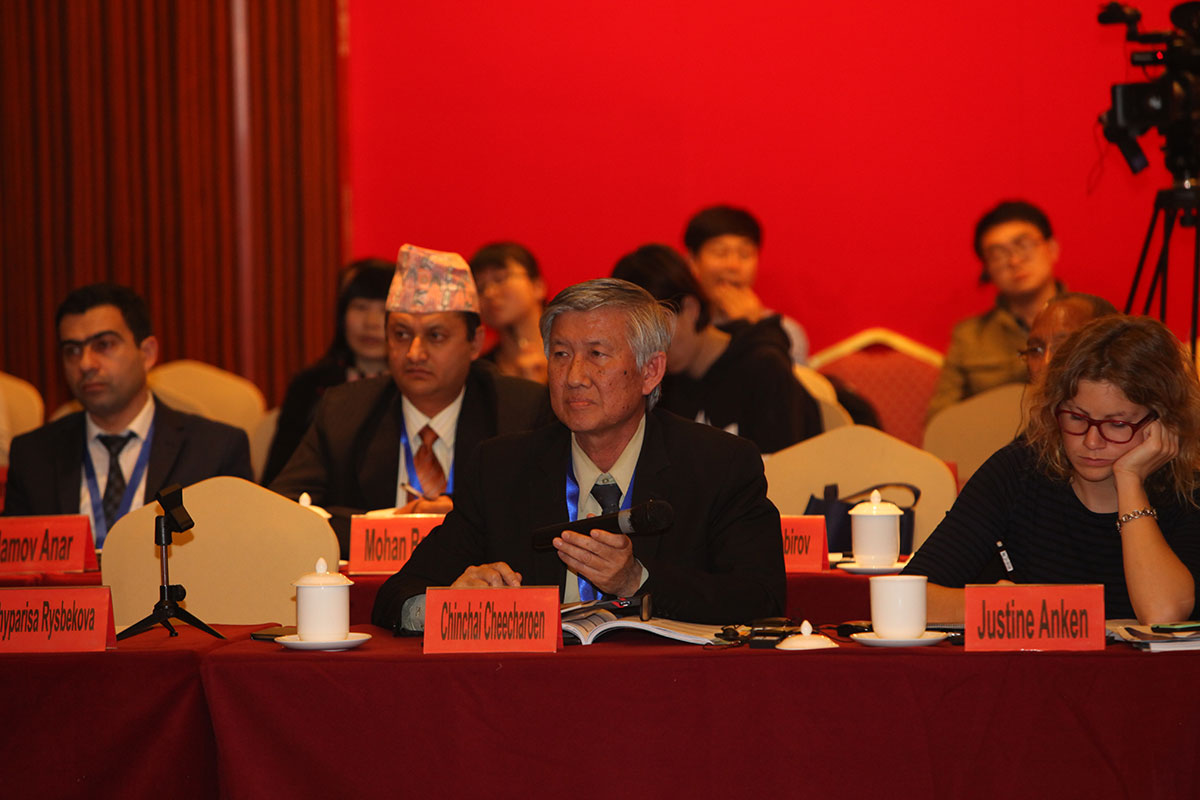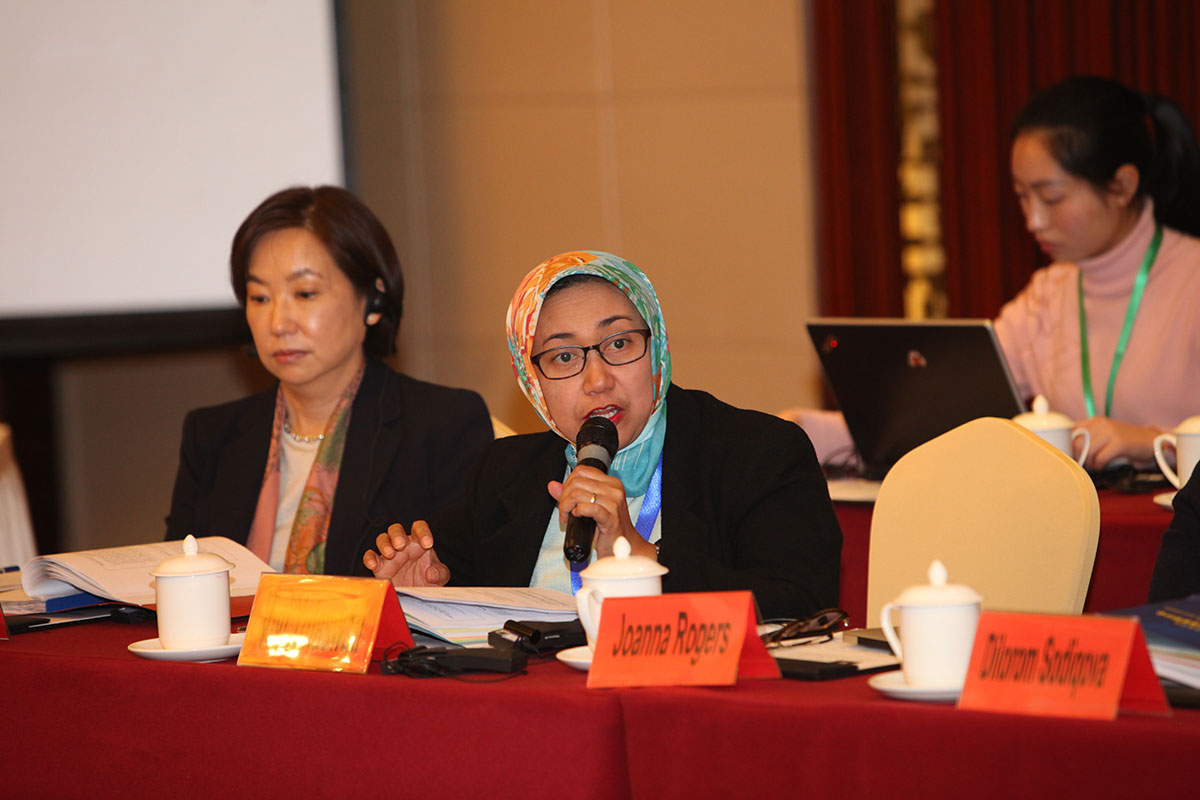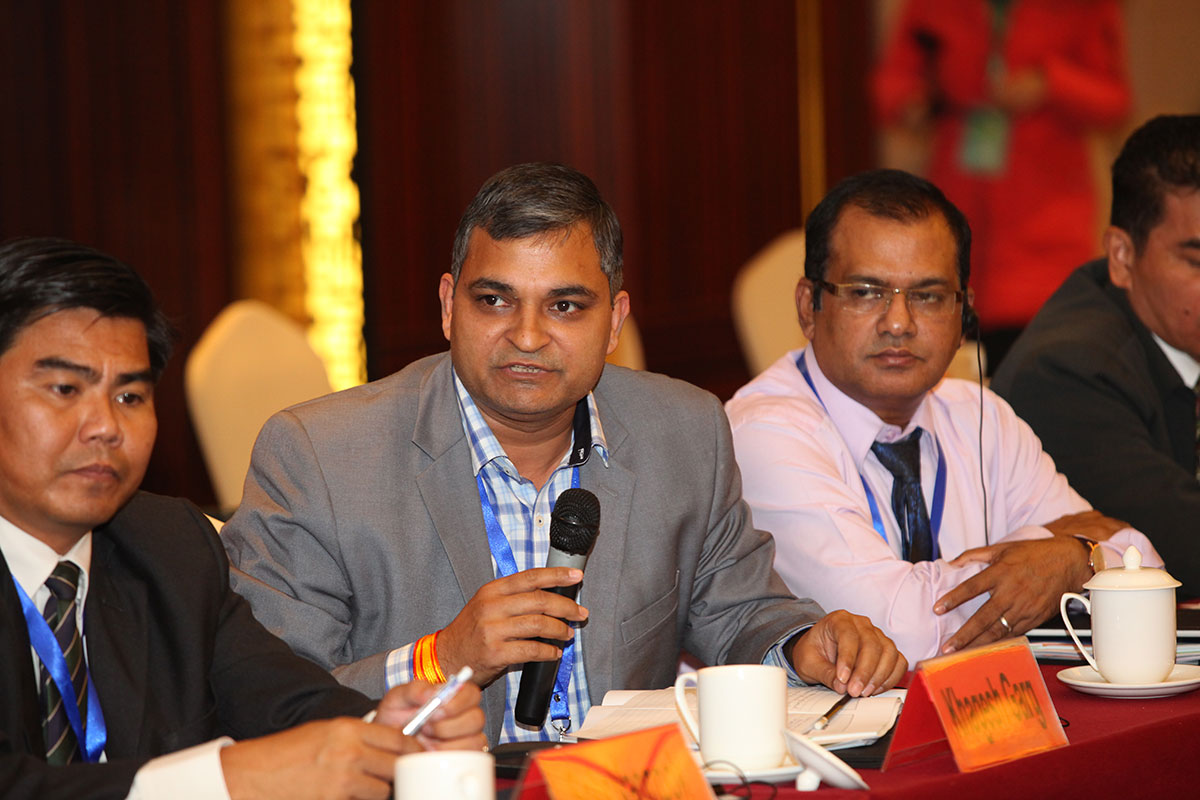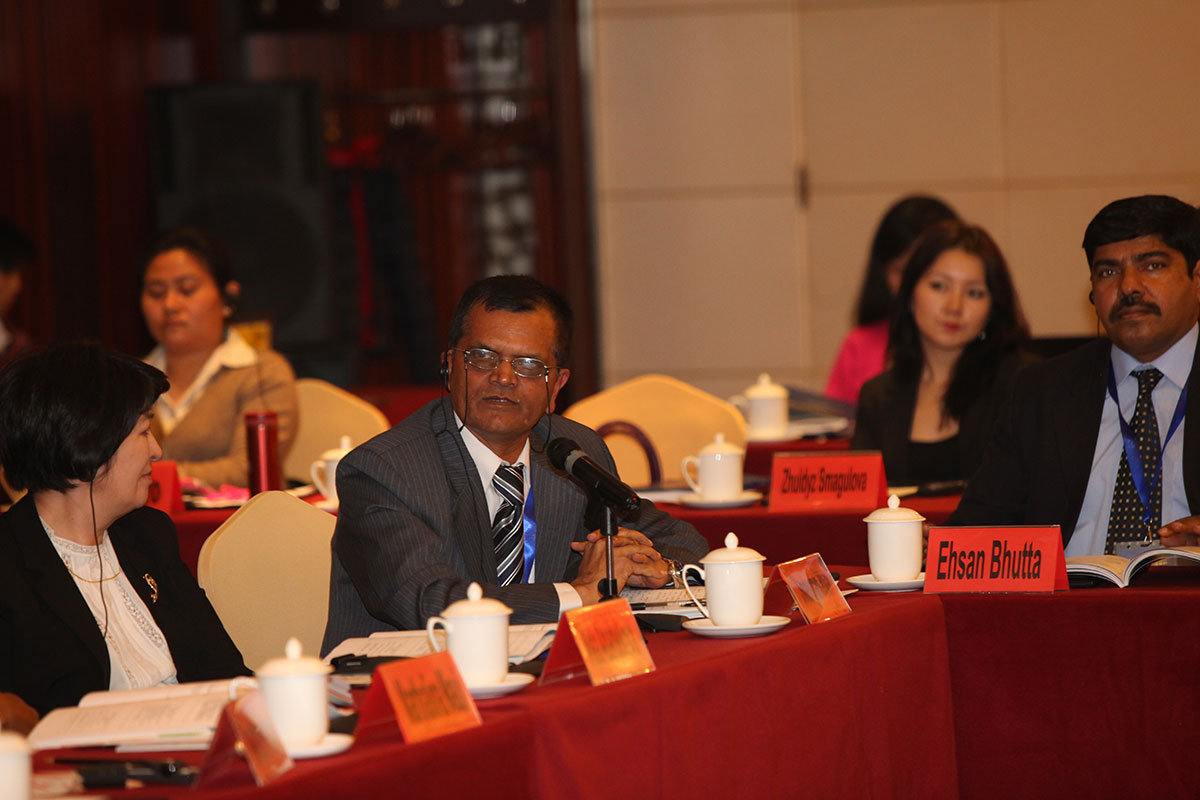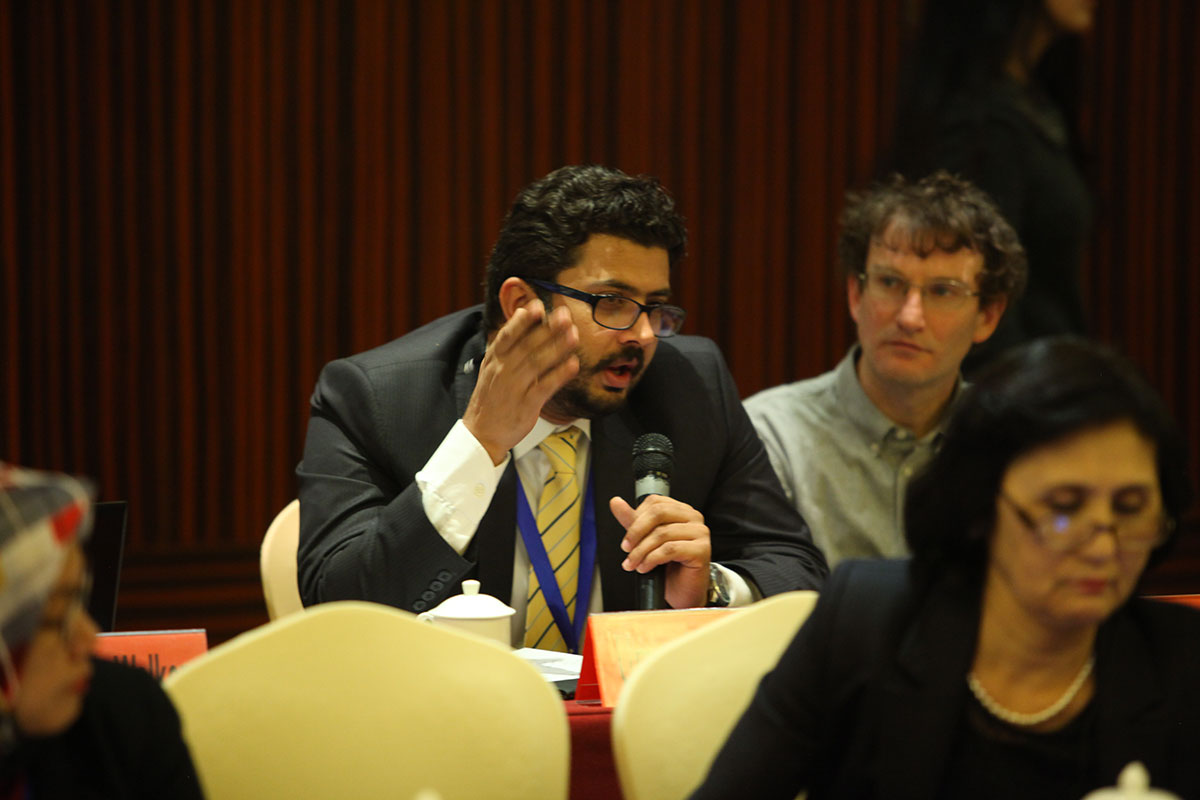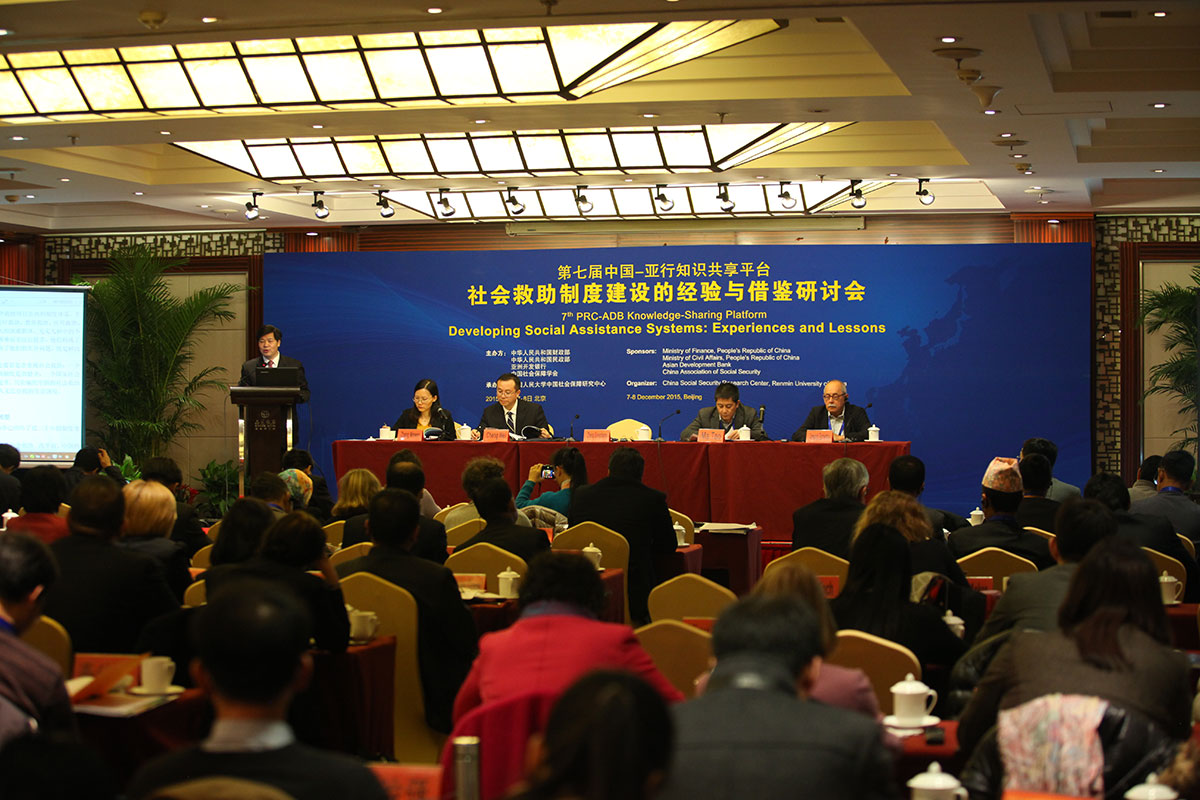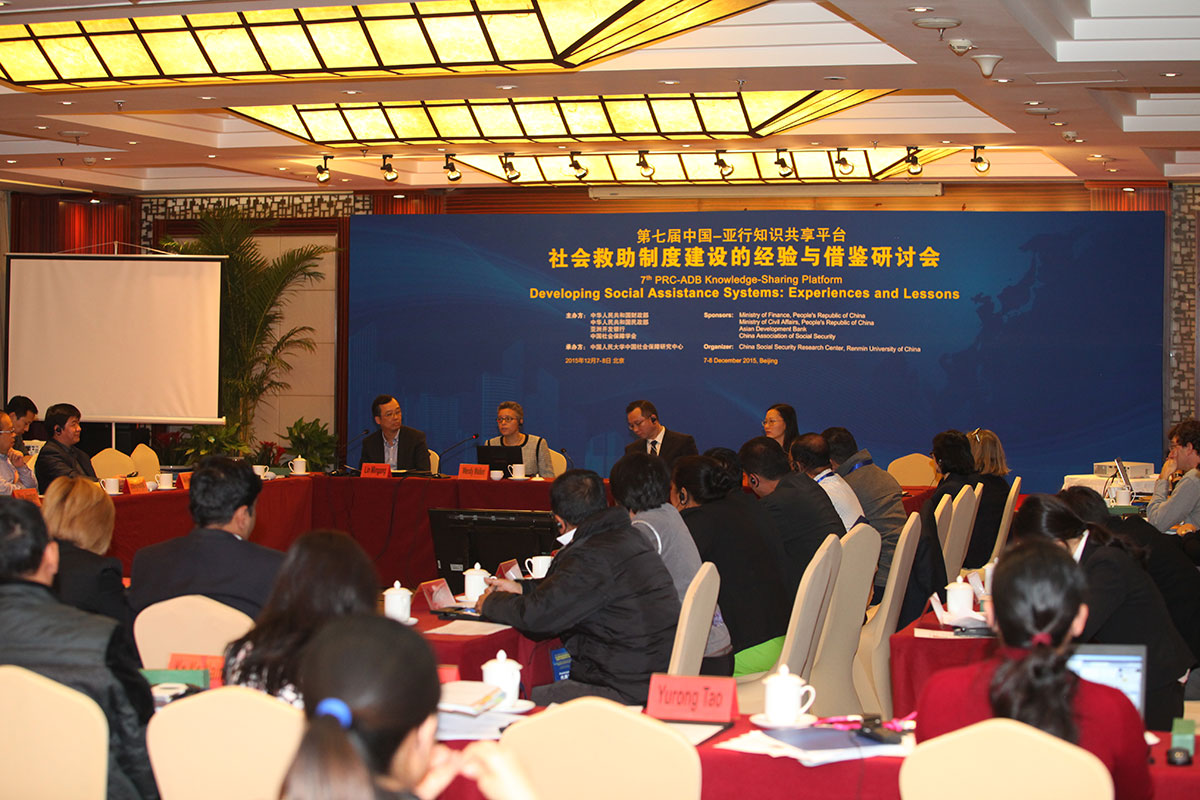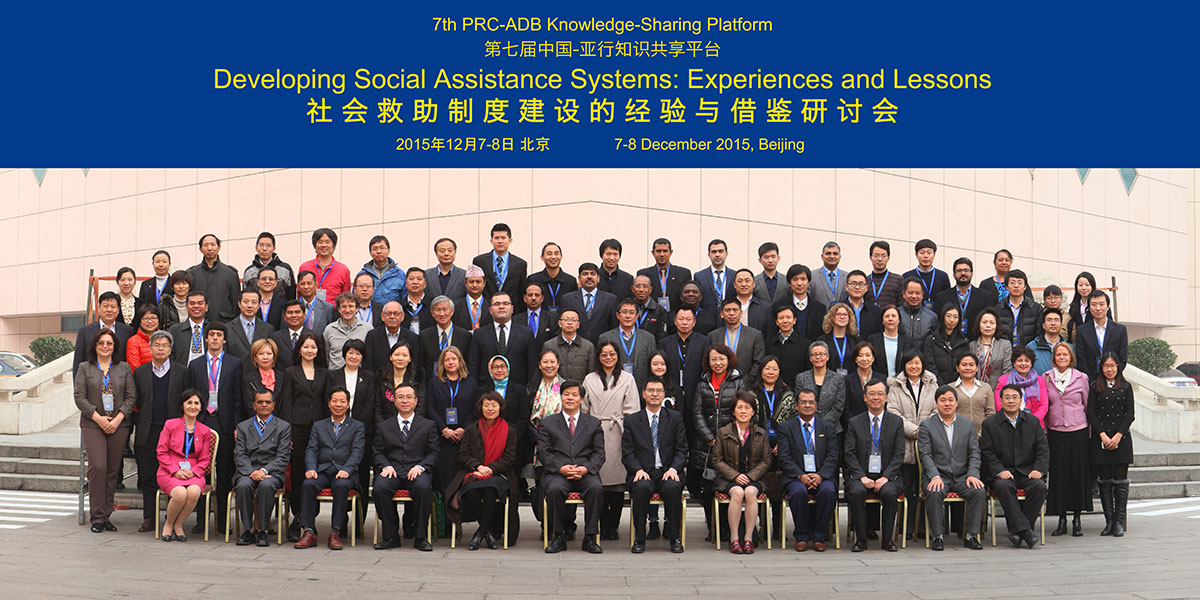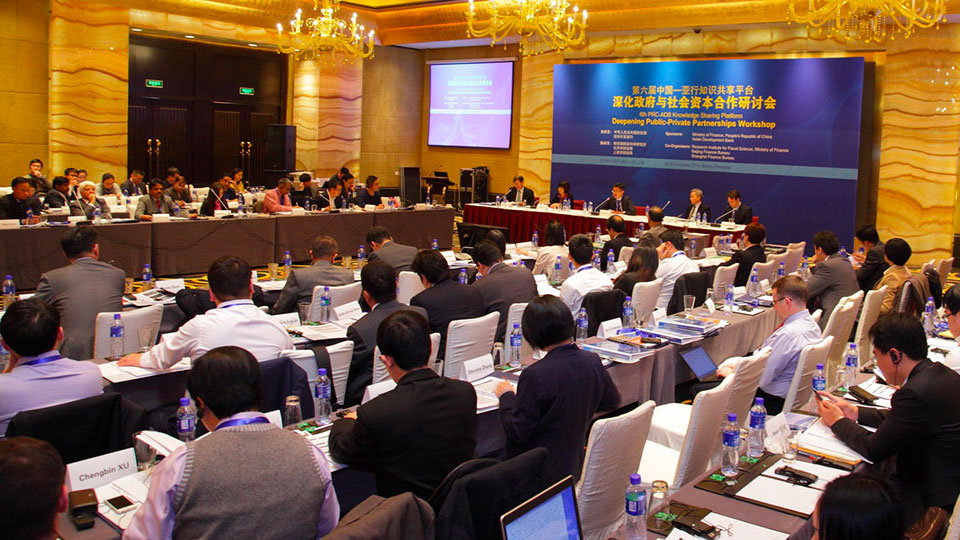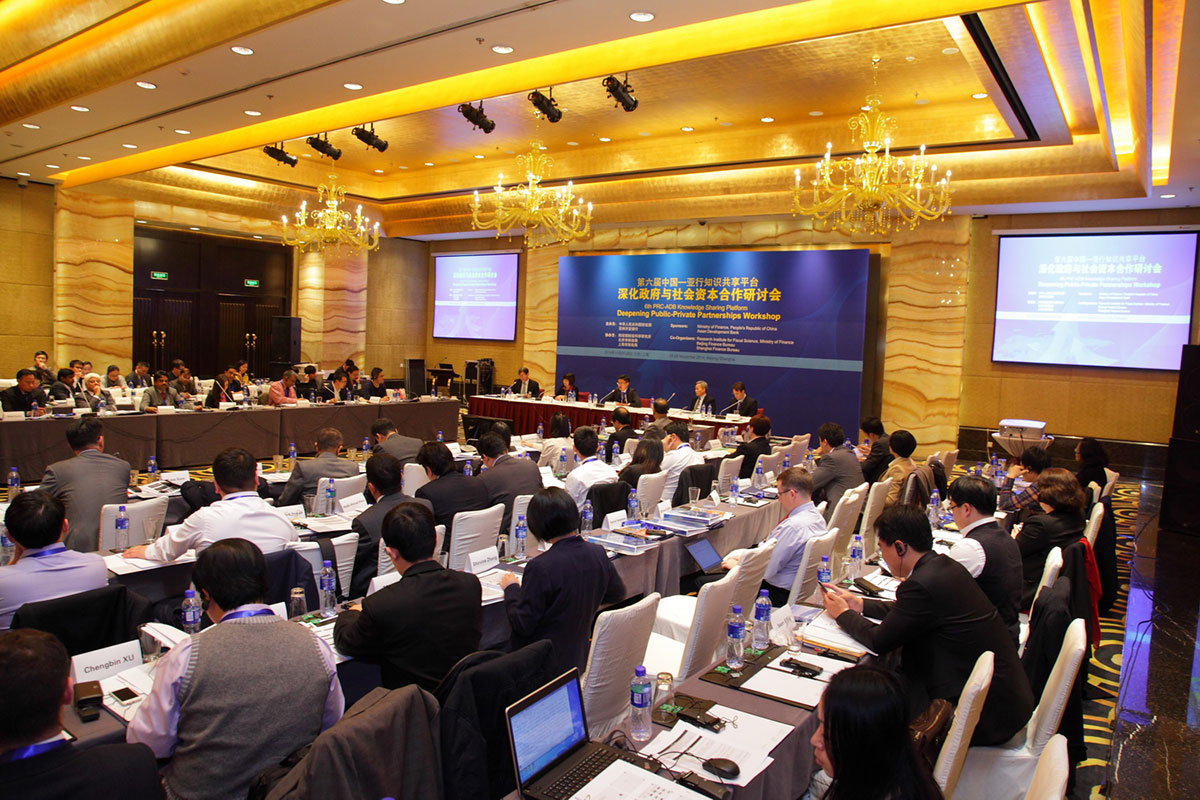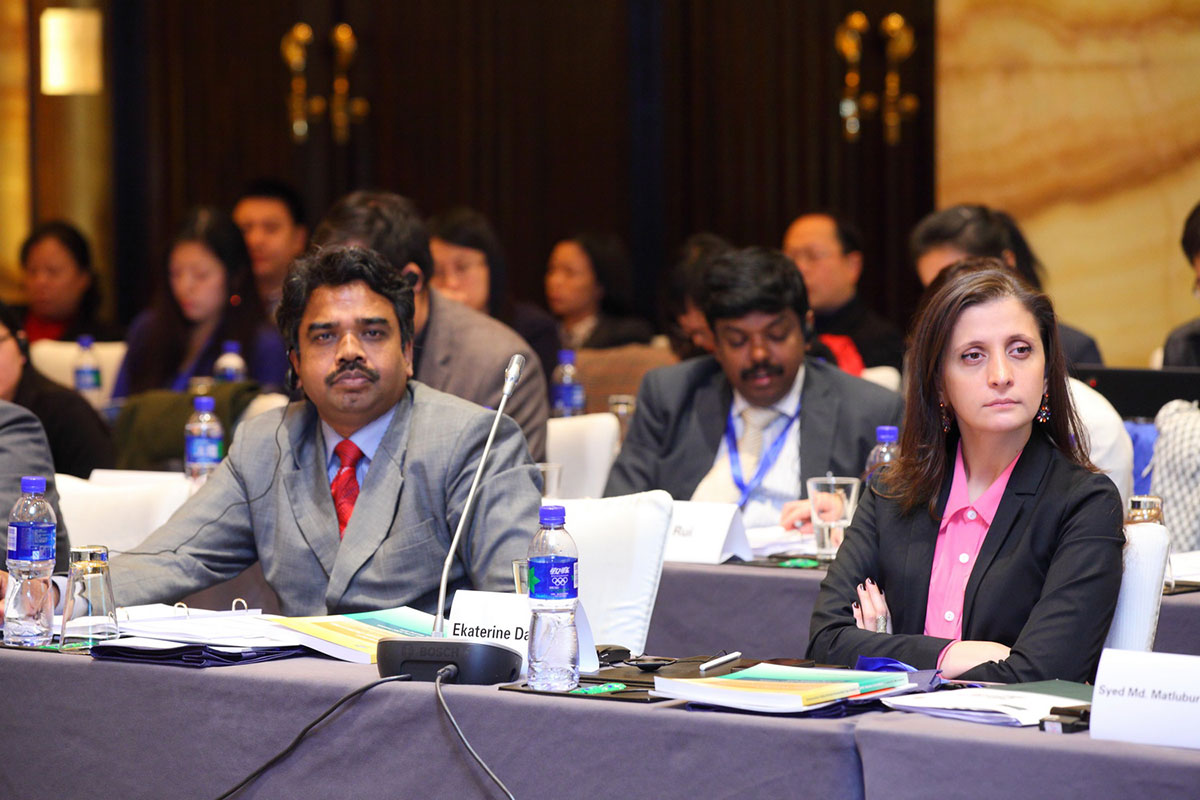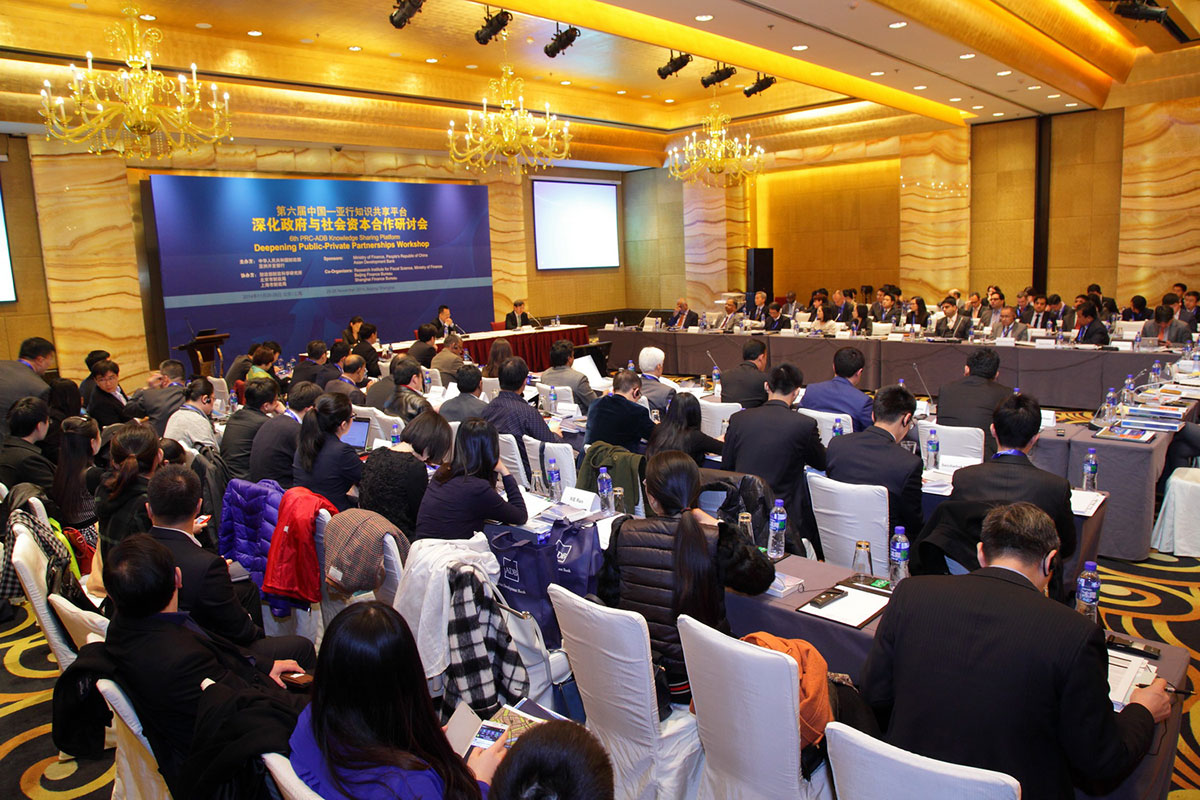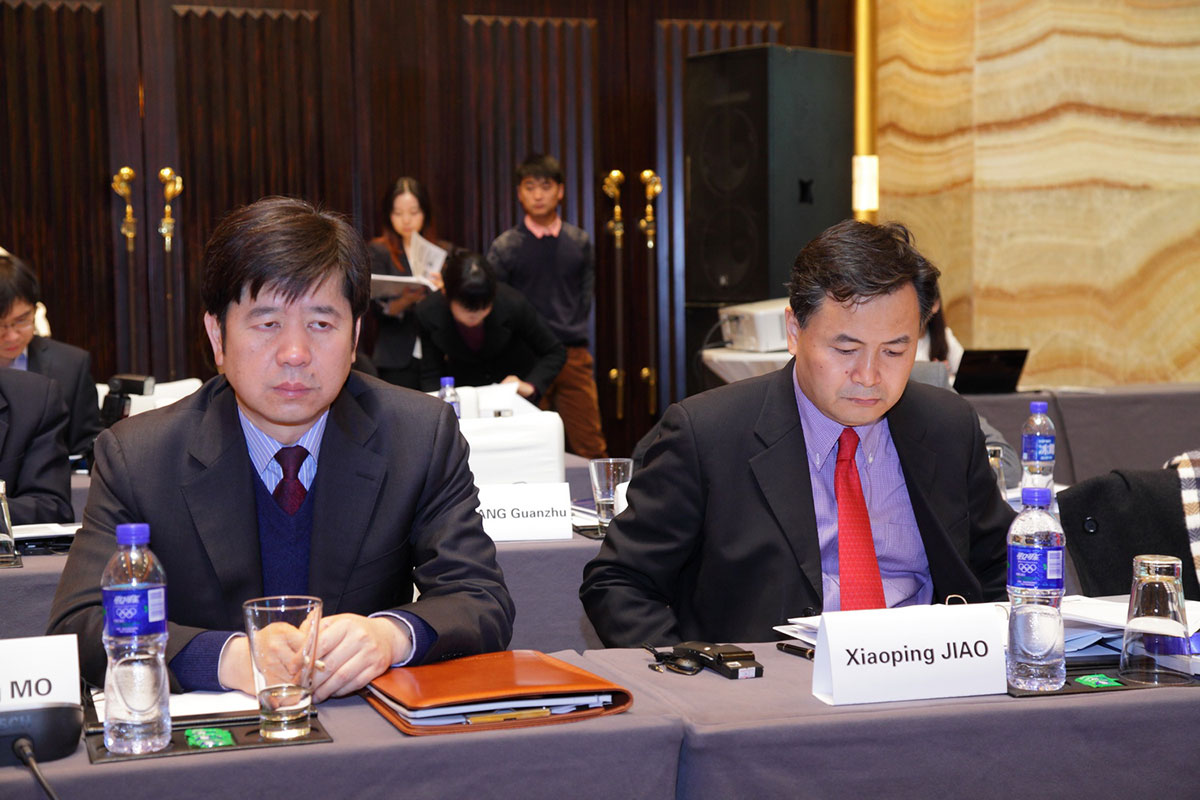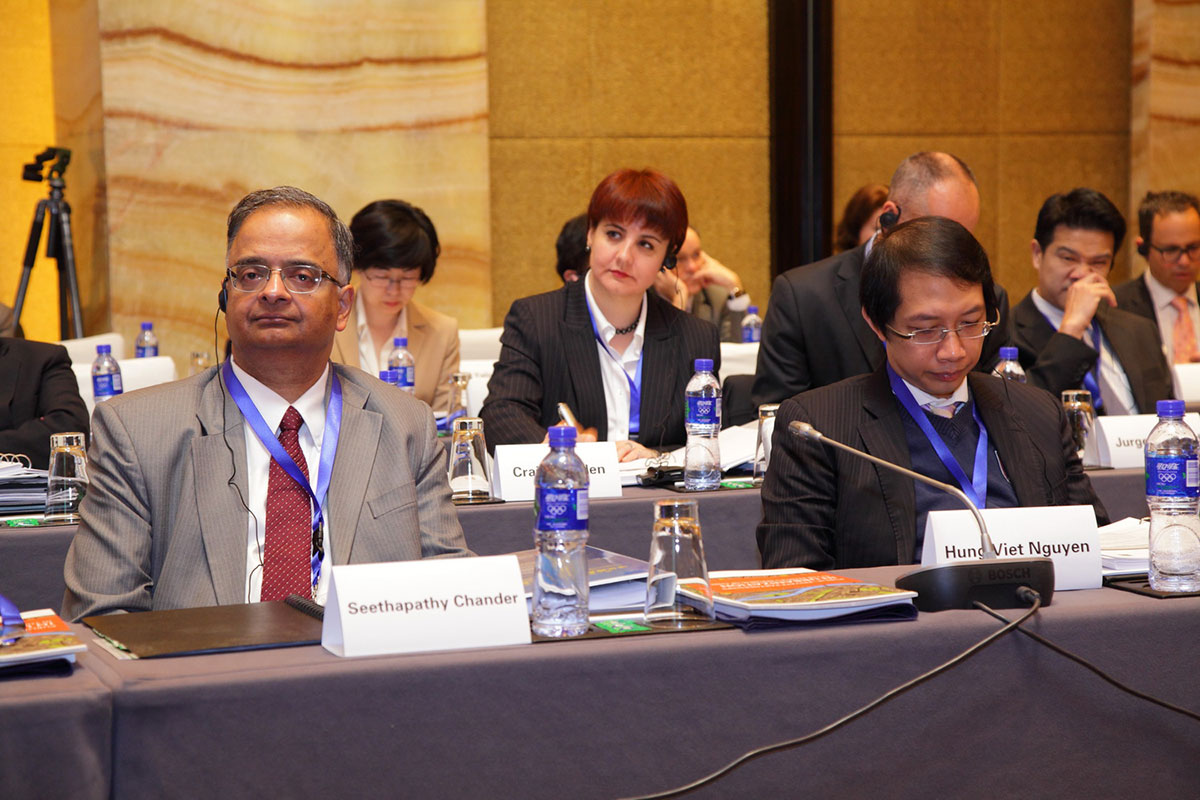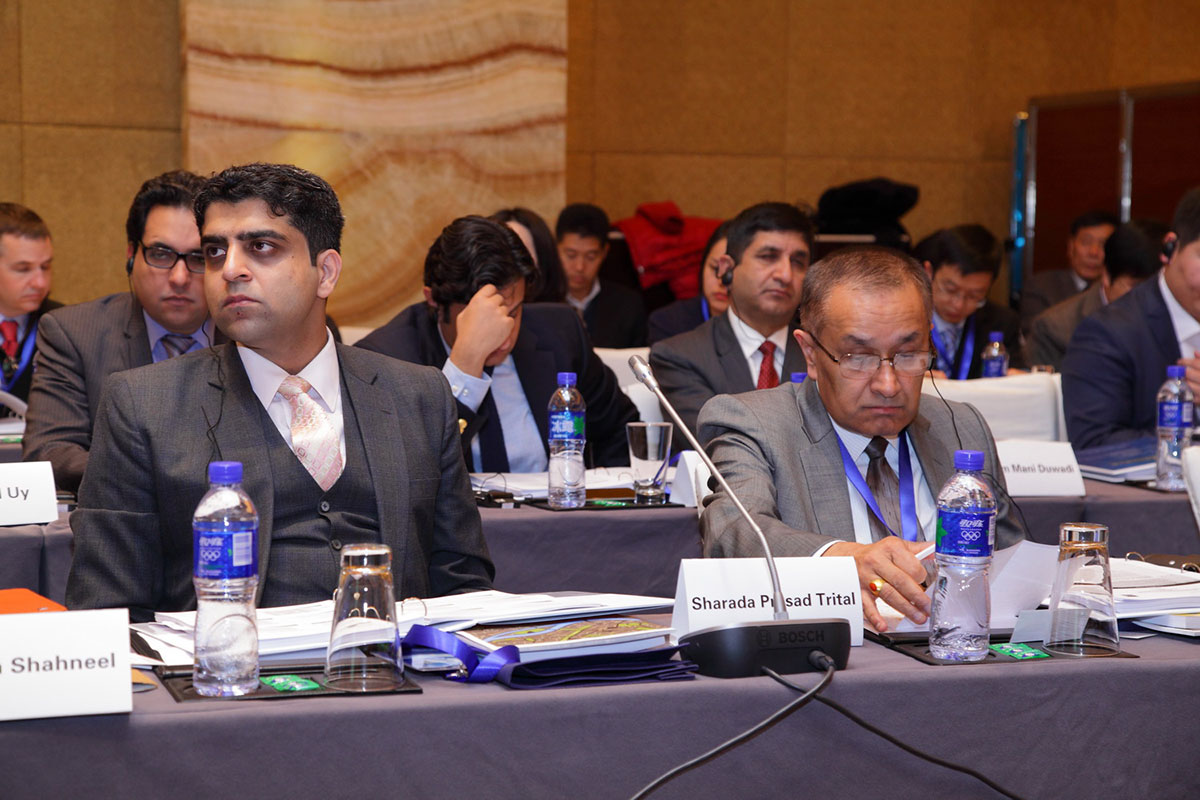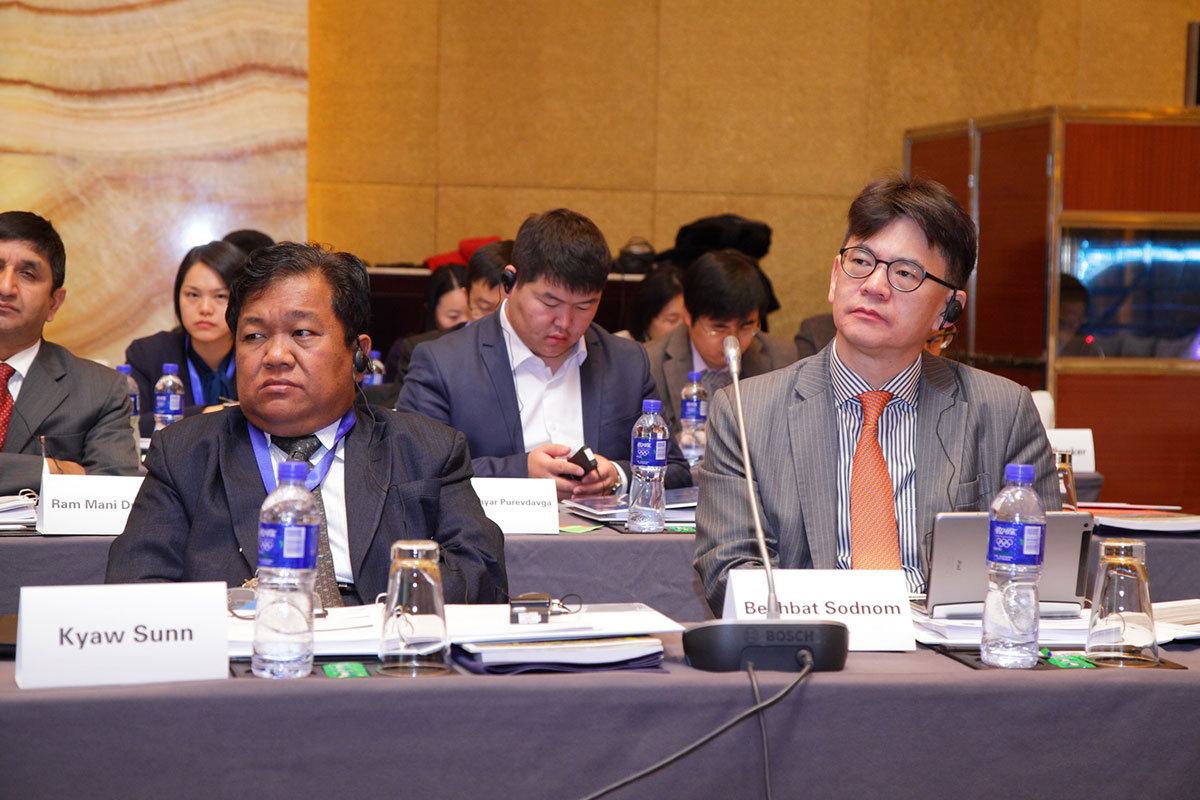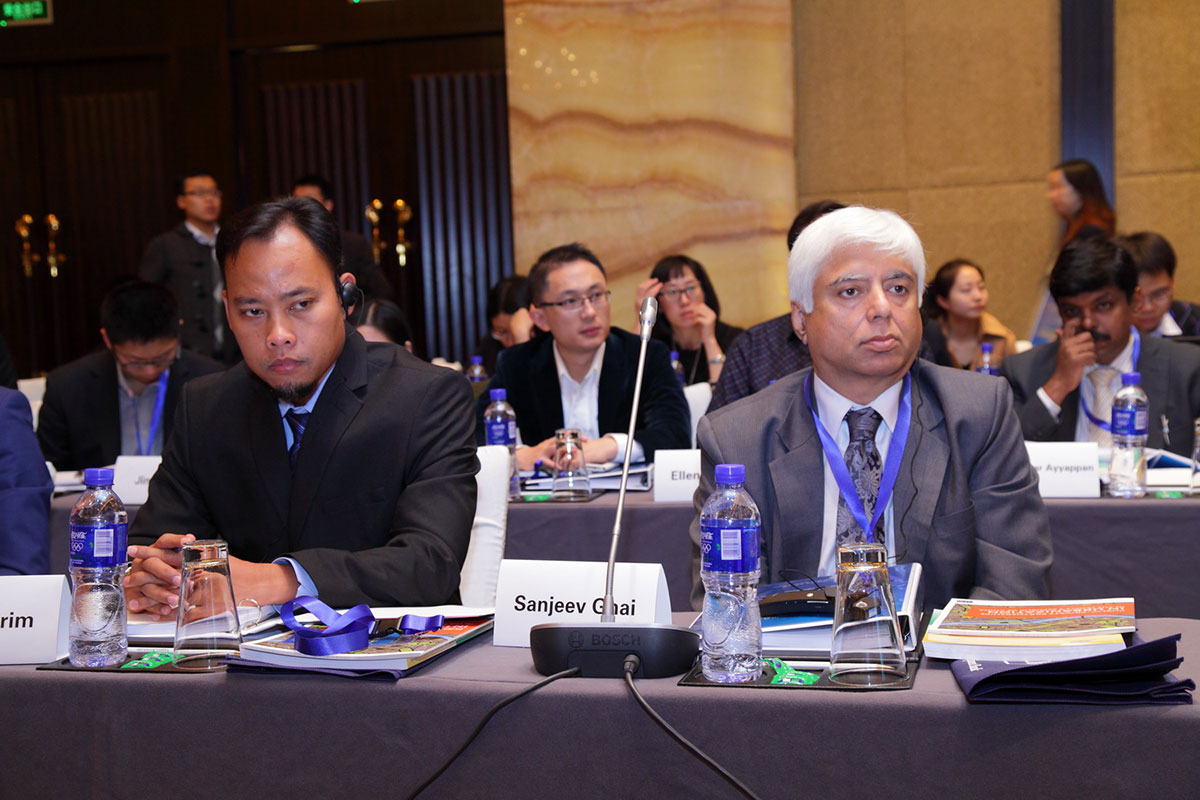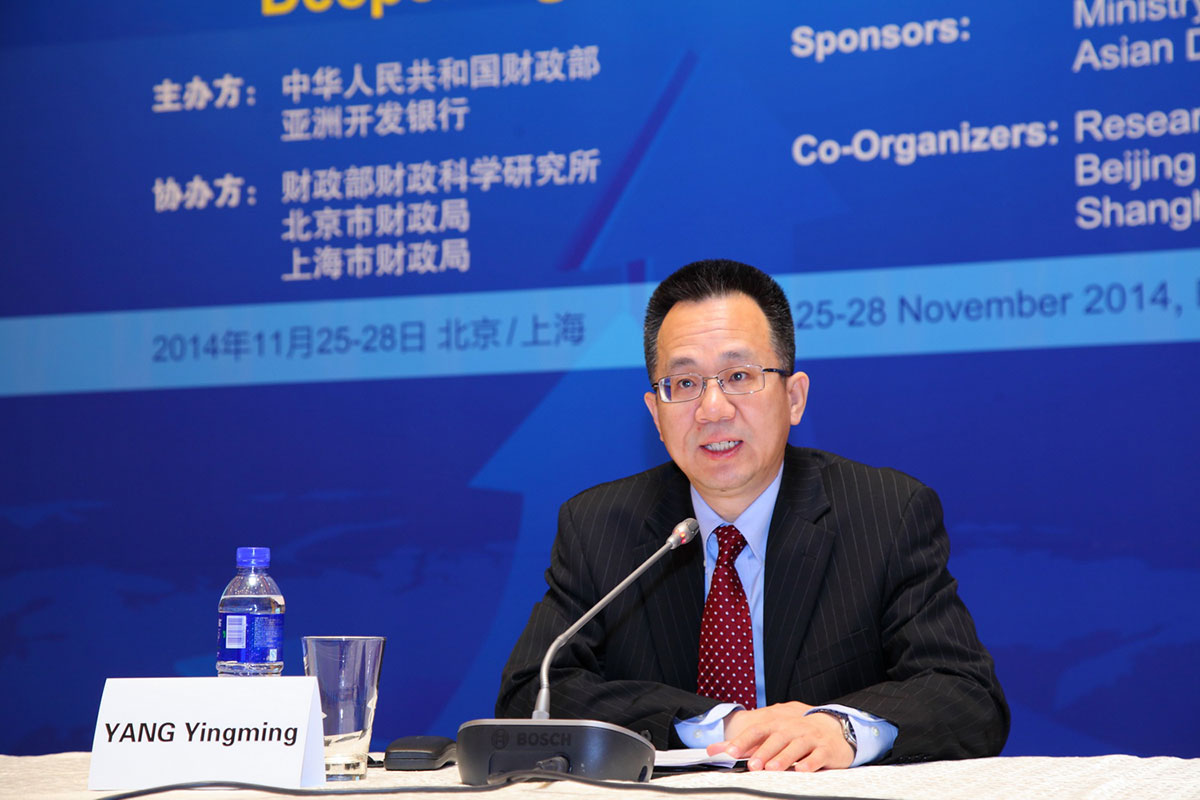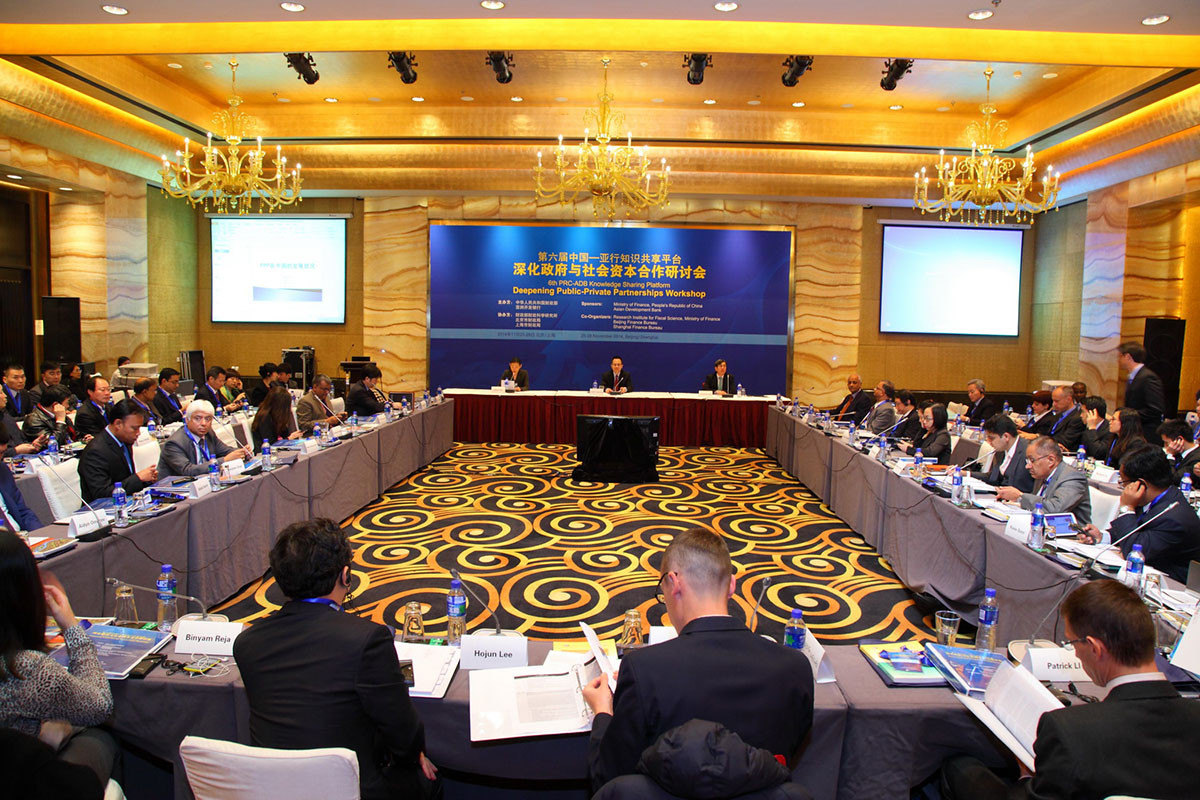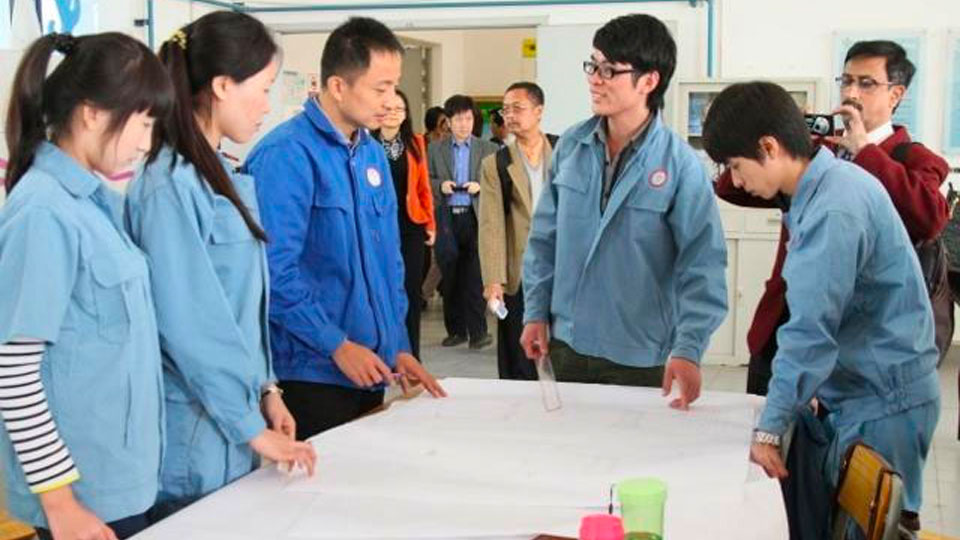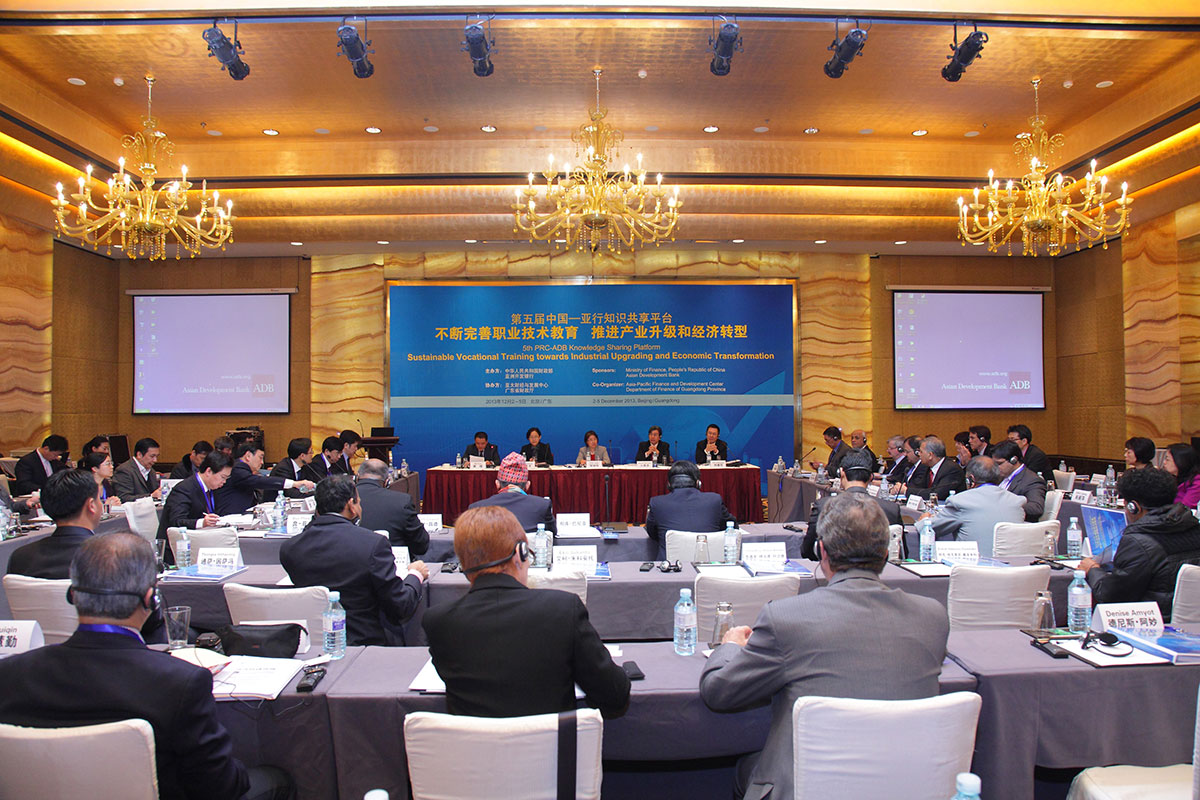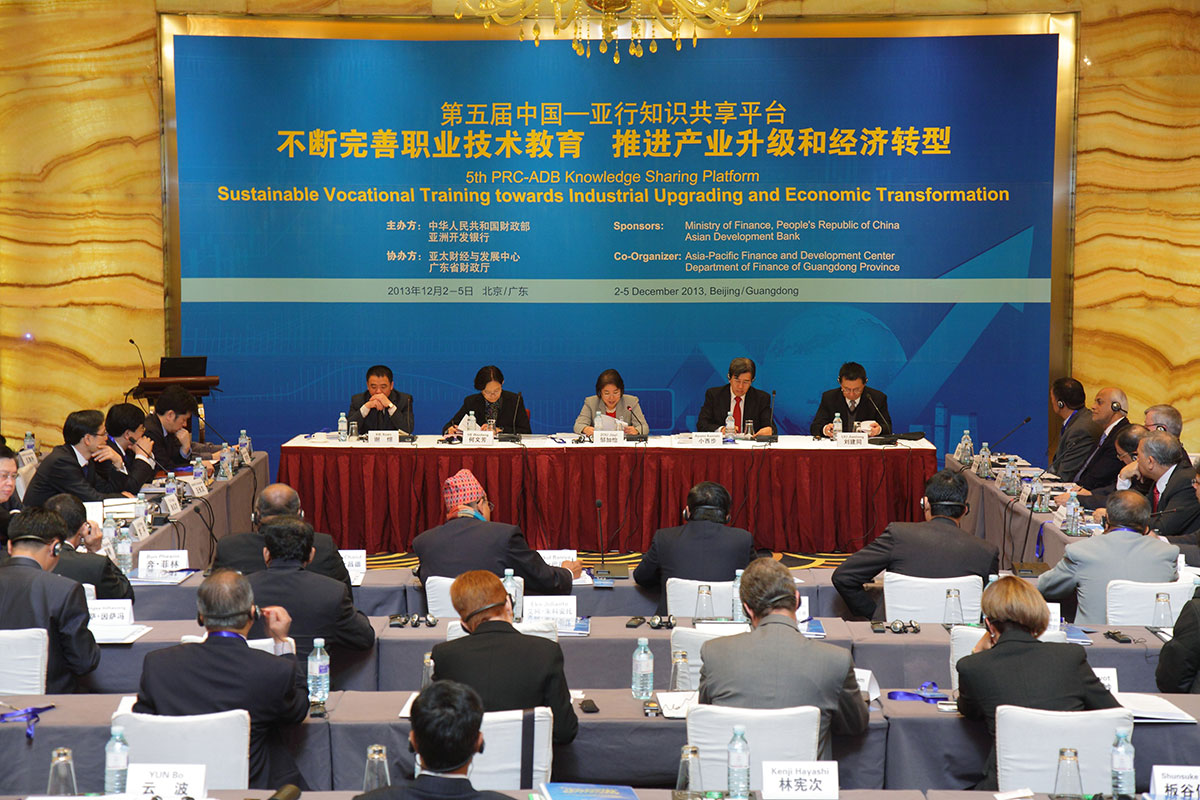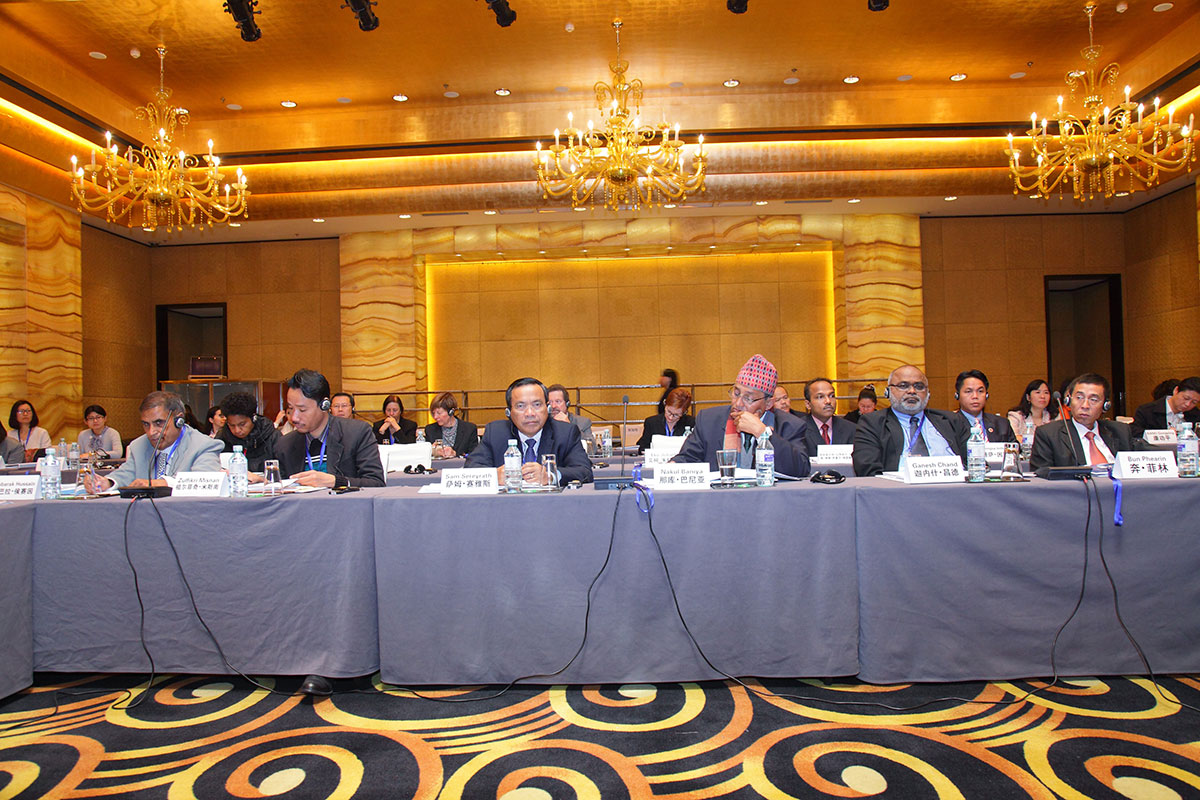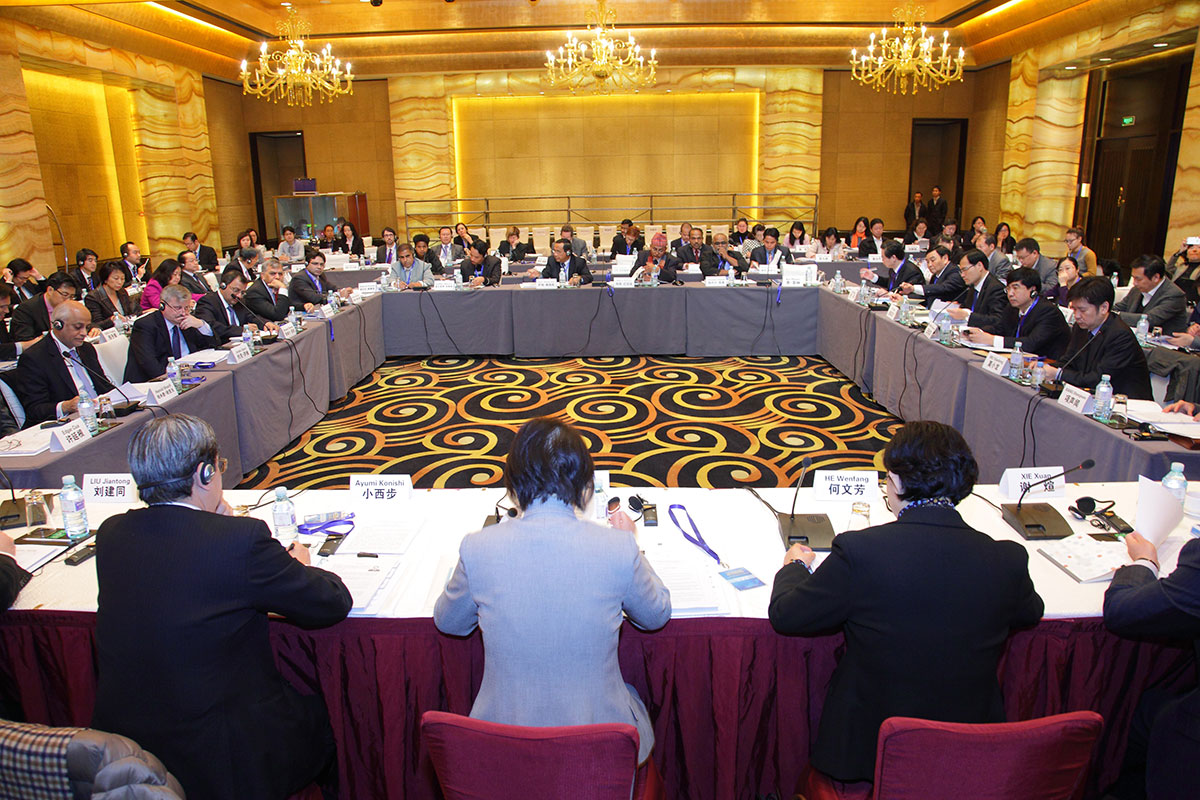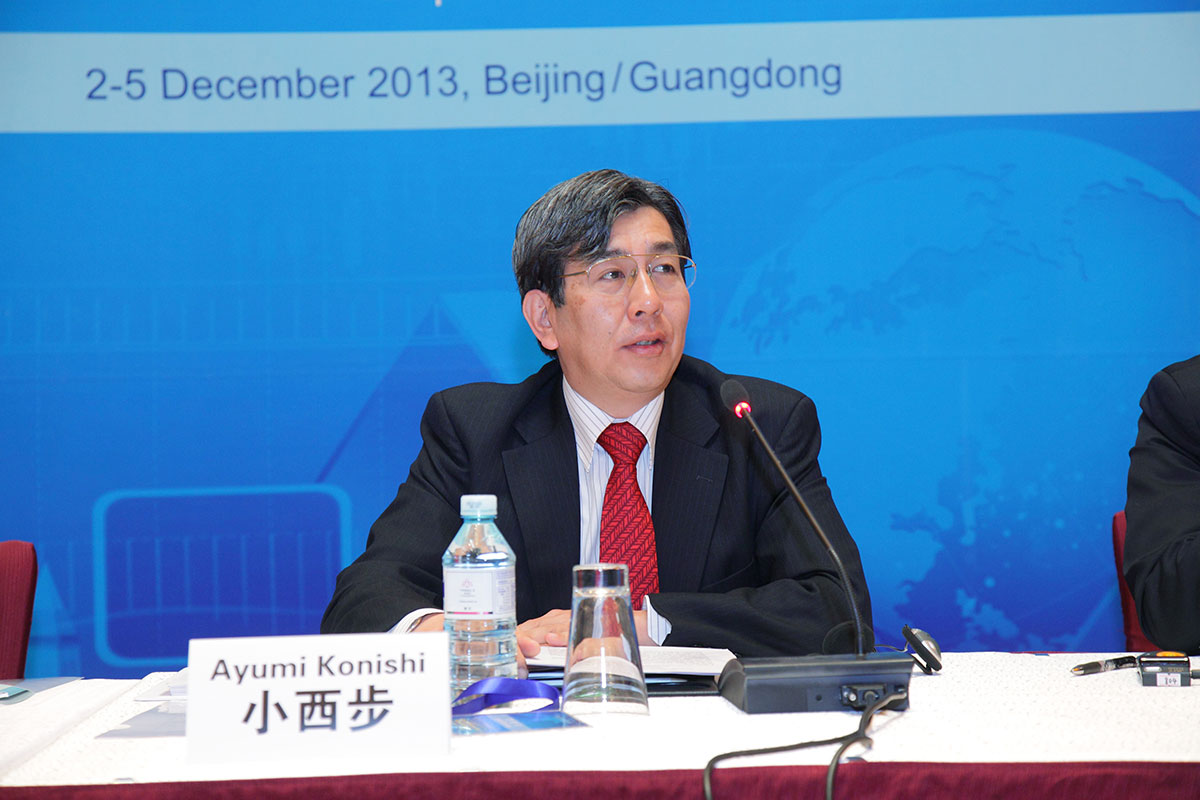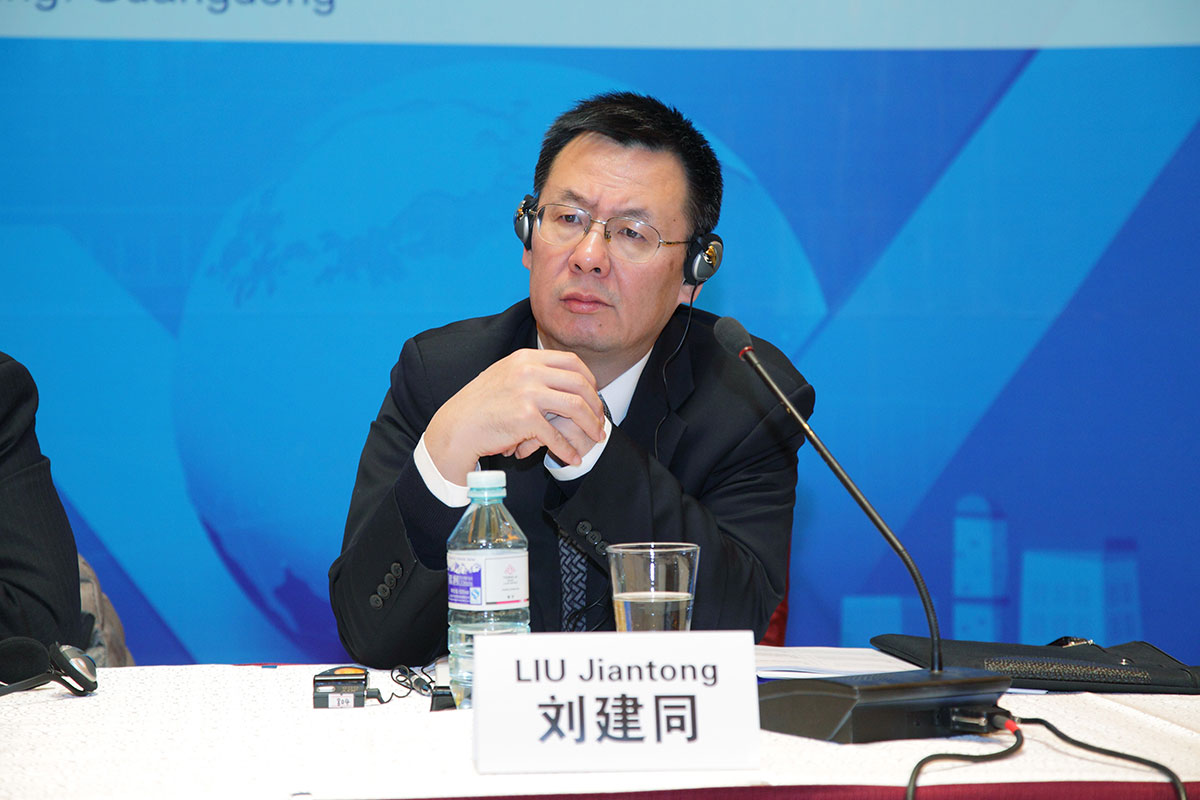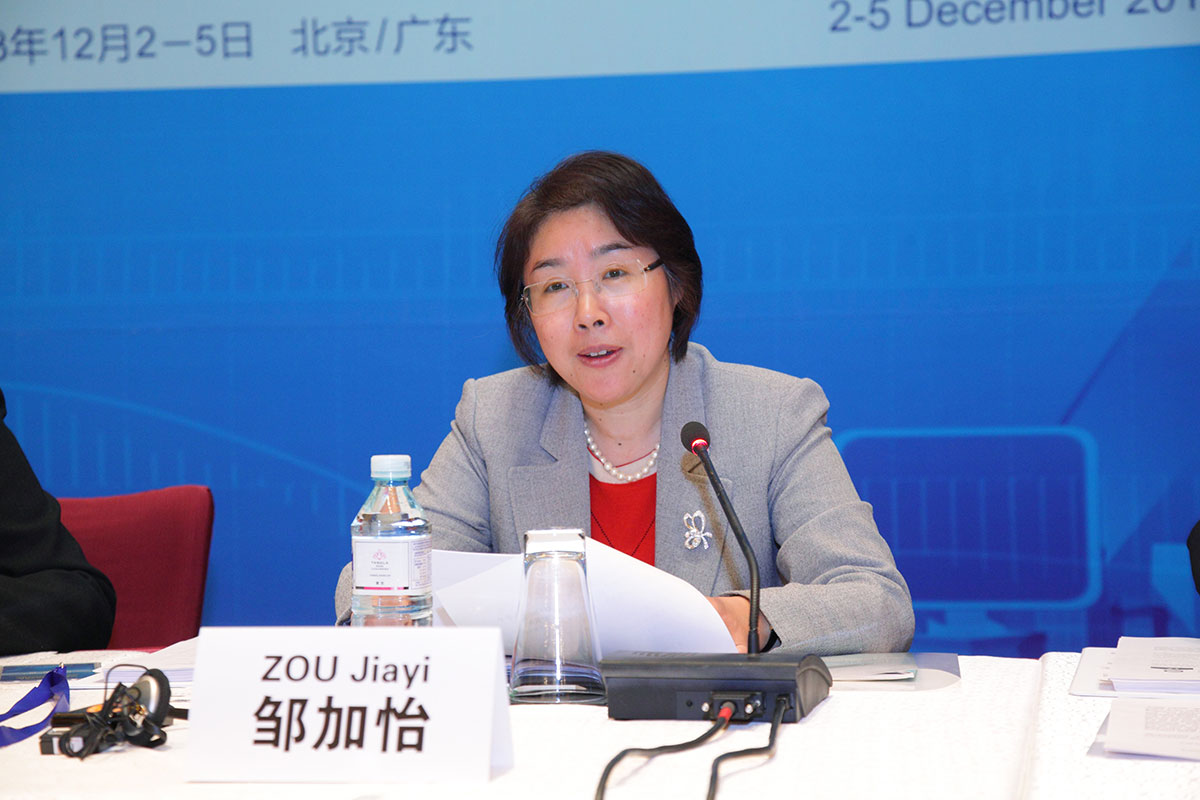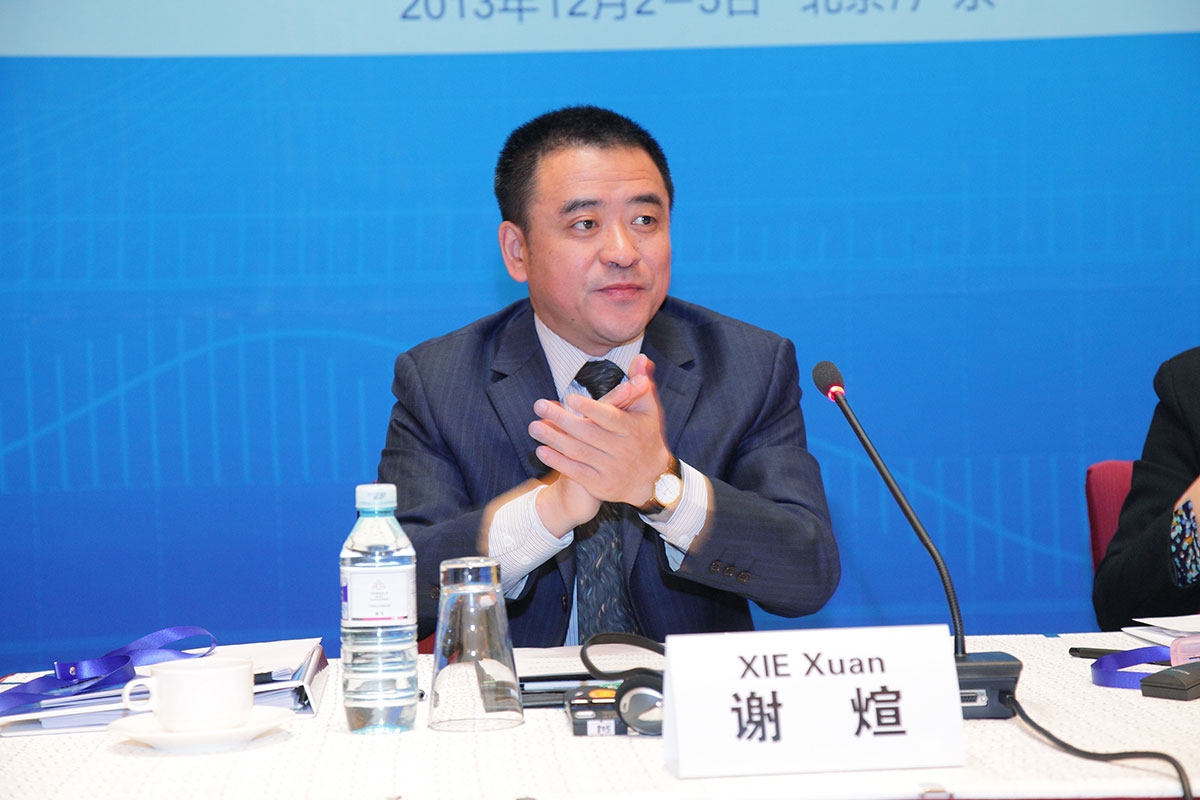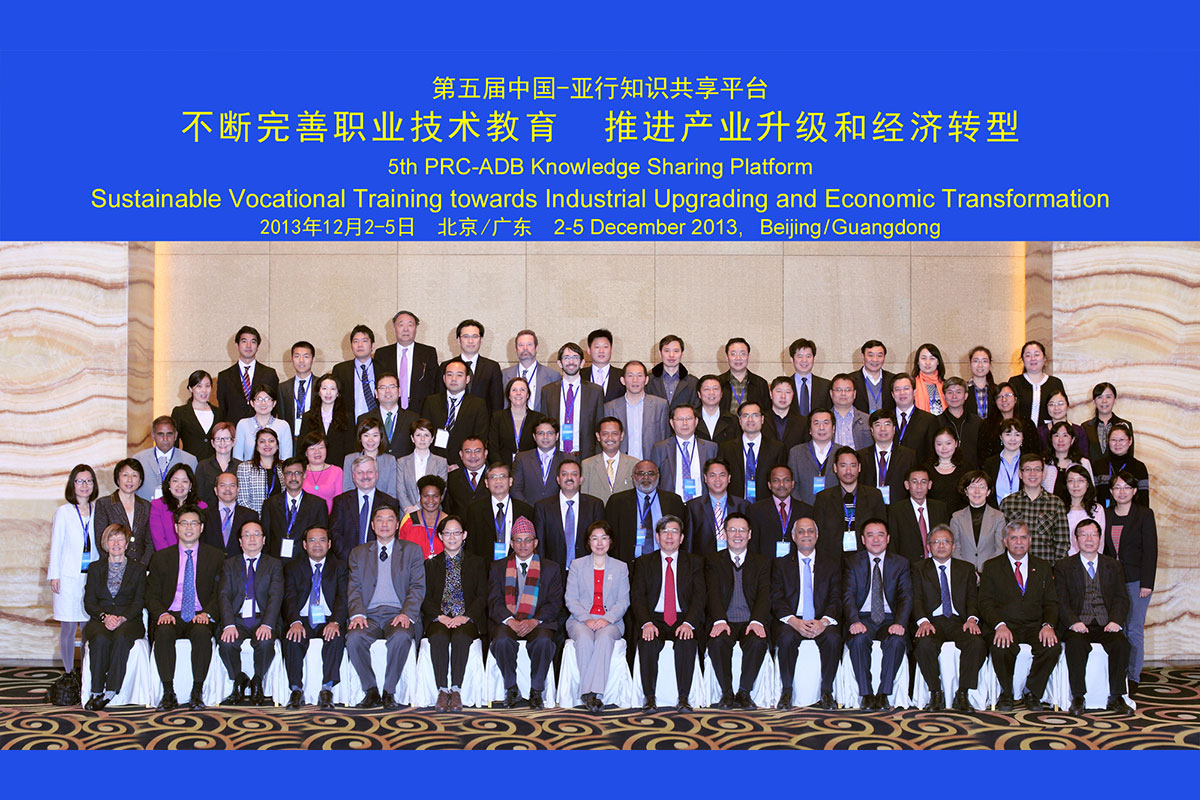| 09:00 – 10:30 | Session 3: Finding the Right Institutional Arrangement for PPPs
Moderator: Mr. Seethapathy Chander, Special Senior Advisor (Infrastructure and PPP), ADB
This session will examine institutional arrangements for PPPs with an emphasis on PPP units. Case studies will be presented from the Philippines, Bangladesh, and Pakistan. Special attention will be paid to the roles and functions of PPP units and how they operate. The allocation of responsibilities for project screening and selection, preparation, implementation, and supervision will be explored. Approaches to ensuring coordination across sectors and levels of government, and the sources of success and potential hurdles, will be explored.
Presenters:
The Success of the Philippines PPP Center (20 min)
Ms. Rina P. Alzate, Director, Project Development and Monitoring Facility Service, Philippines PPP Center
The Experience of Bangladesh (20 min)
Mr. Syed Uddin, CEO, Bangladesh PPP Office
Pakistan’s Experience (20 min)
Mr. Mujtaba Shahneel, Director General, Finance Department, Sindh Public Private Partnership Unit, Pakistan
Lessons from the Republic of Korea’s Public and Private Infrastructure Investment Management Center (20 min)
Dr. Hojun Lee, Director, PPP Division, Public and Private Infrastructure Investment Management Center, the Republic of Korea
Question and Answer |
| 10:30 – 11:00 | Tea/Coffee |
| 11:00 – 12:00 | Session 3 (Continued): Finding the Right Institutional Arrangement for PPPs
Moderator: Mr. Seethapathy Chander, Special Senior Advisor (Infrastructure and PPP), ADB
The session will offer perspectives from the PRC, Mongolia and elsewhere, drawing out key observations and suggestions. Contributions from the floor will be encouraged.
Panelists:
Observations from an Emerging PPP Nation (10 min)
Mr. Bekhbat Sodnom, Director General, Department of Innovation and PPP, Ministry of Economic Development, Mongolia
Observations from the Experience of Central and West Asia (10 min)
Ms. Yesim Elhan-Kayalar, Principal Public Management Specialist, Central and West Asia Department, ADB
Remarks from the International Experience (10 min)
Mr. Trevor Lewis, Senior PPP Specialist, Office of PPPs, ADB
Institutional Arrangements for PPPs: Experience from the PRC and Other Countries (10 min)
Mr. Zhi Liu, Director, Lincoln Institute of Urban Development and Land Policy Research Center, Peking University
Question and Answer |
| 12:00 – 14:00 | Lunch |
| 14:00 – 15:30 | Session 4: Managing Fiscal Risks facing Central and Local Government
Moderator: Mr. Xiaolong Mo, Deputy Director General, Clean Development Mechanism Fund, Ministry of Finance, the PRC
This session will examine the fiscal risks that PPPs can bring and how they should be managed. Presenters will draw out the key actions required to ensure a fiscally sustainable PPP program. Good practices for evaluating projects, and identifying and allocating risks, will be discussed. The integration of PPP risk management within broader fiscal risk management, and ways of recognizing PPP liabilities within debt sustainability frameworks, will be also explored. The session will draw on insights from the PRC and international experience.
Presentations:
Local Government Debt, Fiscal Risk and Management Framework (20min)
Mr. Shangxi Liu, Director General, Research Institute for Fiscal Science, Ministry of Finance, the PRC
Best Practices from the Organization for Economic Co-operation and Development (20 min)
Mr. Douglas Sutherland, Senior Economist and Head of US/Iceland Desk, Economics Department, Organization of Economic Cooperation and Development
The World Bank’s Framework for Managing Fiscal Commitments from PPPs (20 min)
Mr. Binyam Reja, Lead Transport Specialist/Cluster Leader for the PRC and Mongolia Transport Practice, Transport and Information Communications and Technology, World Bank
Question and Answer |
| 15:30 – 15:45 | Tea/Coffee |
| 15:45 – 16:30 | Session 4: (Continued): Managing Fiscal Risks facing Central and Local Government
Moderator: Mr. Xiaolong Mo, Deputy Director General, Clean Development Mechanism Fund, Ministry of Finance, the PRC
The session will offer views on options for strengthening the management of the fiscal risks of PPPs from Mongolia, Australia, and the international experience. Contributions from the floor will be encouraged.
Panelists:
Remarks from a PPP Center (10 min)
Mr. Syed Uddin, CEO, Bangladesh PPP Office
A Treasury Perspective (10 min)
Mr. Michael Schur, Managing Director Castalia and former Secretary of the New South Wales Treasury, Australia
A Perspective from a PPP Advisor (10 min)
Mr. Denzel Hankinson, Managing Director, DH Infrastructure
Question and Answer |
| 16:30 – 17:00 | Closing Session
Moderator: Ms. Ying Wang , Director, Knowledge Cooperation and Technical Assistance Division, Department of International Economic and Financial Cooperation, Ministry of Finance, the PRC
Speakers:
- Mr. Yingming Yang, Deputy Director General, Department of International Economic and Financial Cooperation, Ministry of Finance, the PRC
- Mr. Ying Qian, Director, East Asia Department, ADB
|
